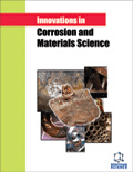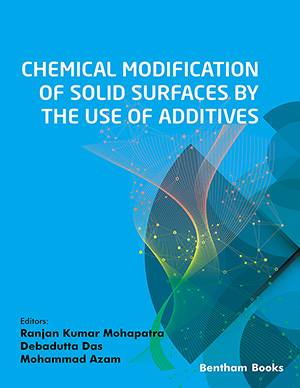Abstract
Background: The integration of chemistry principles with materials science research can lead to the creation of highly stable materials with complex geometries and enhanced functionality. In that view, we designed a hybrid organic-inorganic composite, ethyl cellulose-nickel(II) hydrogen phosphate (EC-NiHPO4) for its efficient electrochemical and biological activity.
Methods: The EC-NiHPO4 composite was prepared by sol-gel method and was physically characterized by Fourier transform infrared (FT-IR) spectroscopy, UV-Visible (UV-Vis), and powdered X-ray diffraction. Further, the biological activity by means of anticancer and antimicrobial effects was tested following the treatment of ECNiHPO4 composite at different concentrations.
Results: The porosity studies indicated that the pore diameter of the composite to be 395 nm and the X-ray diffraction pattern shows that the crystalline phase greatly enhanced as a result of polymer-inorganic complexation. Further from the electrochemical studies, a change in the material conductivity values with that of electrolyte concentration was observed. Also, the conductivity of EC-NiHPO4 material for the 1:1 electrolyte solution was found to decrease in the order of K+ > Na+ and the material seems to work very well in the pH range of 5-7.5. We also observed significant biological activity by means of anticancer and antimicrobial effects following the treatment of EC-NiHPO4 composite.
Conclusion: Our analysis of the EC-NiHPO4 composite demonstrates the conductometric behavior and biological activity of organic-inorganic composites.
Keywords: Anticancer effect, antimicrobial activity, ethyl cellulose, ionic conductivity, Ni(II)HPO4.
Graphical Abstract
 16
16 2
2




